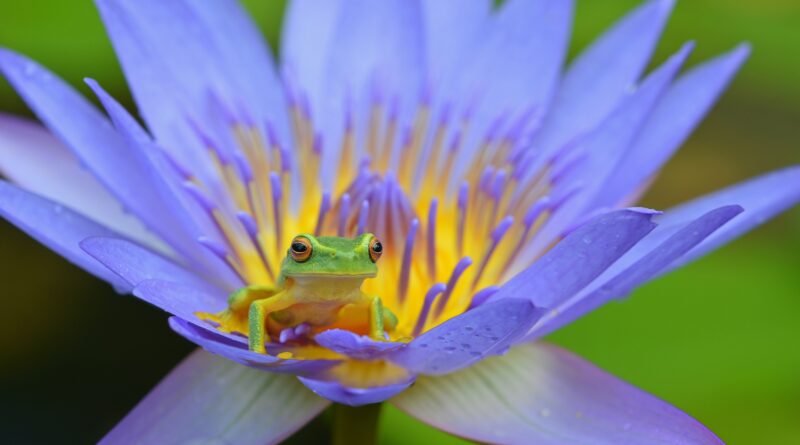Kaeru no Ko wa Kaeru (蛙の子は蛙 – Like Father, Like Son)
Kaeru no Ko wa Kaeru
蛙の子は蛙
Yesterday, I talked about an idiom related to a parent tiger and its cub.
昨日は虎の親子に関する慣用句を紹介しました。
Today, I’d like to introduce you to a Japanese proverb related to a frog parent and its child; 蛙の子は蛙 (kaeru no ko wa kaeru).
今日は、蛙の親子に関することわざ「蛙の子は蛙」を紹介します。
蛙 (kaeru) means “frog” and 子 (ko) means “child,” so the literal meaning of this proverb is “a flog child is a frog.”
「蛙」は “frog,” 「子」は “child” を意味するので、このことわざの文字どおりの意味は “a flog child is a flog” となります。
Larvae of frogs, tadpoles, are not similar to their parents, but as they grow up they will finally change to look like their parents, frogs.
蛙の幼生であるオタマジャクシは、親と全く似ていませんが、成長すればいずれ親とそっくりな姿になります。
Because of this, “kaeru no ko wa kaeru” is used to mean that the nature/ability of a child resemble his/her parents.
このことから「蛙の子は蛙」は、子の性質や能力は親に似ることを意味することわざとして使われます。
However, note that this proverb often contains a bad meanings, which is something like that if parents are ordinary persons, their child will be ordinary.
ただし、親が凡人であれば子も凡人であるという悪い意味合いを含むので、使う際は注意して下さい。




